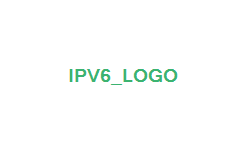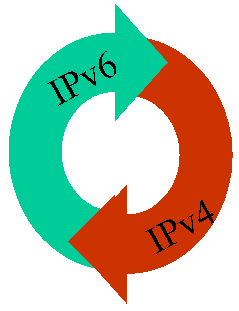Like IPv4, the specification for the IPv6 header and extension headers does not provide facilities for reporting errors. Instead, IPv6 uses an updated version of the Internet Control Message Protocol (ICMP) named ICMP version 6 (ICMPv6). ICMPv6 has the common IPv4 ICMP functions of reporting delivery and forwarding errors, and providing a simple echo service for troubleshooting. ICMPv6 is defined in RFC 2463 and is required for an IPv6 implementation.The ICMPv6 protocol also provides a packet structure framework for the following:
Neighbor Discovery :Neighbor Discovery (ND) is a series of five ICMPv6 messages that manage node-to-node communication on a link. ND replaces Address Resolution Protocol (ARP), ICMPv4 Router Discovery, and the ICMPv4 Redirect message.
Multicast Listener Discovery:Multicast Listener Discovery (MLD) is a series of three ICMPv6 messages that are equivalent to version 2 of the Internet Group Management Protocol (IGMP) for IPv4 to manage subnet multicast membership.
Types of ICMPv6 messages:There are two types of ICMPv6 messages:
- Error messages :Error messages report errors in the forwarding or delivery of IPv6 packets by either the destination node or an intermediate router. The high-order bit of the 8-bit Type field for all ICMPv6 error messages is set to 0. Therefore, valid values for the Type field for ICMPv6 error messages are in the range of 0 through 127. ICMPv6 error messages include Destination Unreachable, Packet Too Big, Time Exceeded, and Parameter Problem.
- Informational messages :Informational messages provide diagnostic functions and additional host functionality such as MLD and ND. The high-order bit of the 8-bit Type field for all ICMPv6 informational messages is set to 1. Therefore, valid values for the Type field for ICMPv6 information messages are in the range of 128 through 255. ICMPv6 informational messages described in RFC 2463 include Echo Request and Echo Reply.



No comments:
Post a Comment